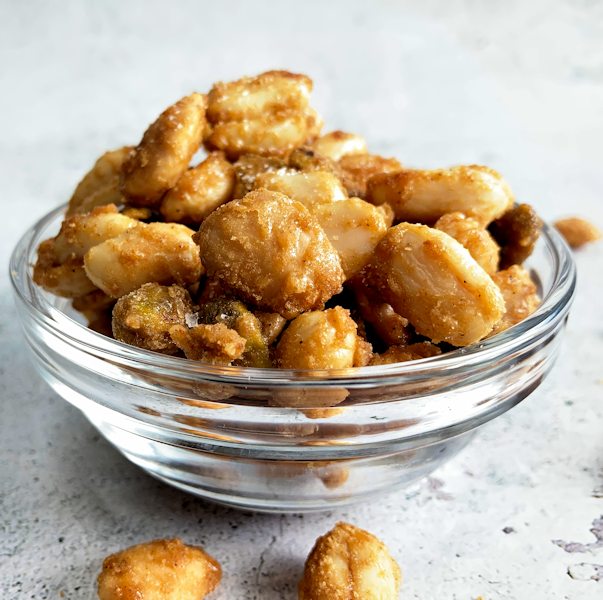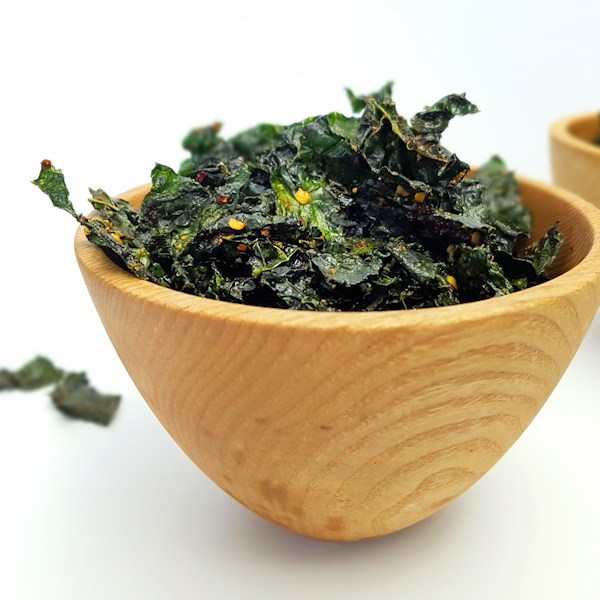I am becoming more and more convinced that the source, the reason, the root of the catastrophic obesity rates in the UK, as well as the rising risk of chronic conditions like diabetes, heart disease and even cancer is snacking: the stupid, mindless first world habit of eating between meals.
Snacking has become such an integral part of many people's daily routines, most of us probably won’t recall when we last ate nothing but breakfast, lunch and dinner. And while occasional snacking can provide an energy boost, mindless munching between meals has vastly negative impact on nutrition, obesity rates, and overall health.
Snacking refers to the consumption of small – and often not so small - amounts of food between main meals. While it can be driven by genuine hunger or a need of an extra calorie shot during an extended physical activity, it is more often emotional eating, boredom, or just habit. Convenient and processed snacks are so easily available, it’s a huge challenge to maintaining a balanced diet.
Because, let’s face it: snack foods are not exactly attractive for their essential nutrients and fibre content, but salt, sugar and unhealthy fats. Frequent snacking can displace nutrient-dense meals. A study published in the American Journal of Clinical Nutrition found that snacking contributed to a higher calorie intake and lower overall diet quality among adults in the United States. This imbalance can result in deficiencies of key nutrients, uppermost fibre which plays a crucial role in digestion and heart health.

And then there’s obesity. Munching on ultra-processed, calorie-dense and fibre-poor foods leaves you hungry for more. A systematic review published in the British Journal of Nutrition highlighted the association between frequent snacking and increased body weight, particularly in children and adolescents. No rocket science there: if you constantly reach for nibbles, over and above your three meals a day, you won’t exactly be able to control your overall calorie intake.
All that grazing on sugary and high-fat snacks is associated with an increased risk of chronic conditions like type 2 diabetes, cardiovascular diseases, and certain types of cancer. That’s beside what sugary drinks do to your smile: constant exposure of teeth to sugars and acids found in snacks can erode enamel and lead to cavities.
And it’s possible to do it differently! In contrast to the constantly munching Brits and Americans, the French sit down to a full meal three times a day, with minimal snacking in between. Obviously not 100% of the population, since obesity rates even there are veering dangerously upwards, but they are incomparably lower than here and across the Atlantic. Both countries blame fast-paced lifestyle, and choose convenience and time efficiency. Plus, processed snacks are marketed and available everywhere, almost as a form of entertainment.
Snacking, when done mindlessly and excessively, poses significant risks to nutrition, obesity rates, and overall health. The popularity of snacks high in unhealthy fats, sugars, and sodium, combined with the habit of frequent snacking, has contributed to the rising rates of obesity and associated health problems. The French approach of focusing on three proper sit-down meals a day, with minimal snacking in between, emphasizes balanced nutrition and portion control.

If you can’t completely break the spell and do it the French way (also like my Grandma told me: nil by mouth between the meals!), you can at least try to limit the damage. Here are a few ideas:
1. Plan and prepare balanced meals. If you include a variety of fruit, vegetables, whole grains, and lean proteins in your meals you’ll feel fuller and less tempted to graze.
2. If snack you must, pick something healthier. Fresh fruit, raw vegetables, nuts, seeds or yoghurt. They at least contain essential nutrients and are more satisfying than empty-calorie snacks. And anything that you make at home from scratch, including biscuits, will be nutritionally better than shop-bought nibbles. Some suggestions are featured below the article.
3. Mindful eating: how often do you barely notice you’re eating until the crisp packet is empty? Pay more attention to whether you’re actually feeling hungry or sated, by eating slowly and savouring each bite.
4. Address emotional eating: find something to do to cope with emotions and stress rather than munching. Physical exercise, relaxation, even useful stuff like clearing out cupboards at home or office can distract from emotional triggers that lead to snacking.
5. Create a supportive environment and be supportive yourself: don’t feed your children that rubbish! They do not NEED snacks on a short car journey or at playtime!
I know, it’s tough. So many activities are automatically associated with snacking, watching and reading included. At least something can be said for gaming, chatting or scrolling in this instance: it keeps your hands busy from otherwise reaching into a tub of Pringles.